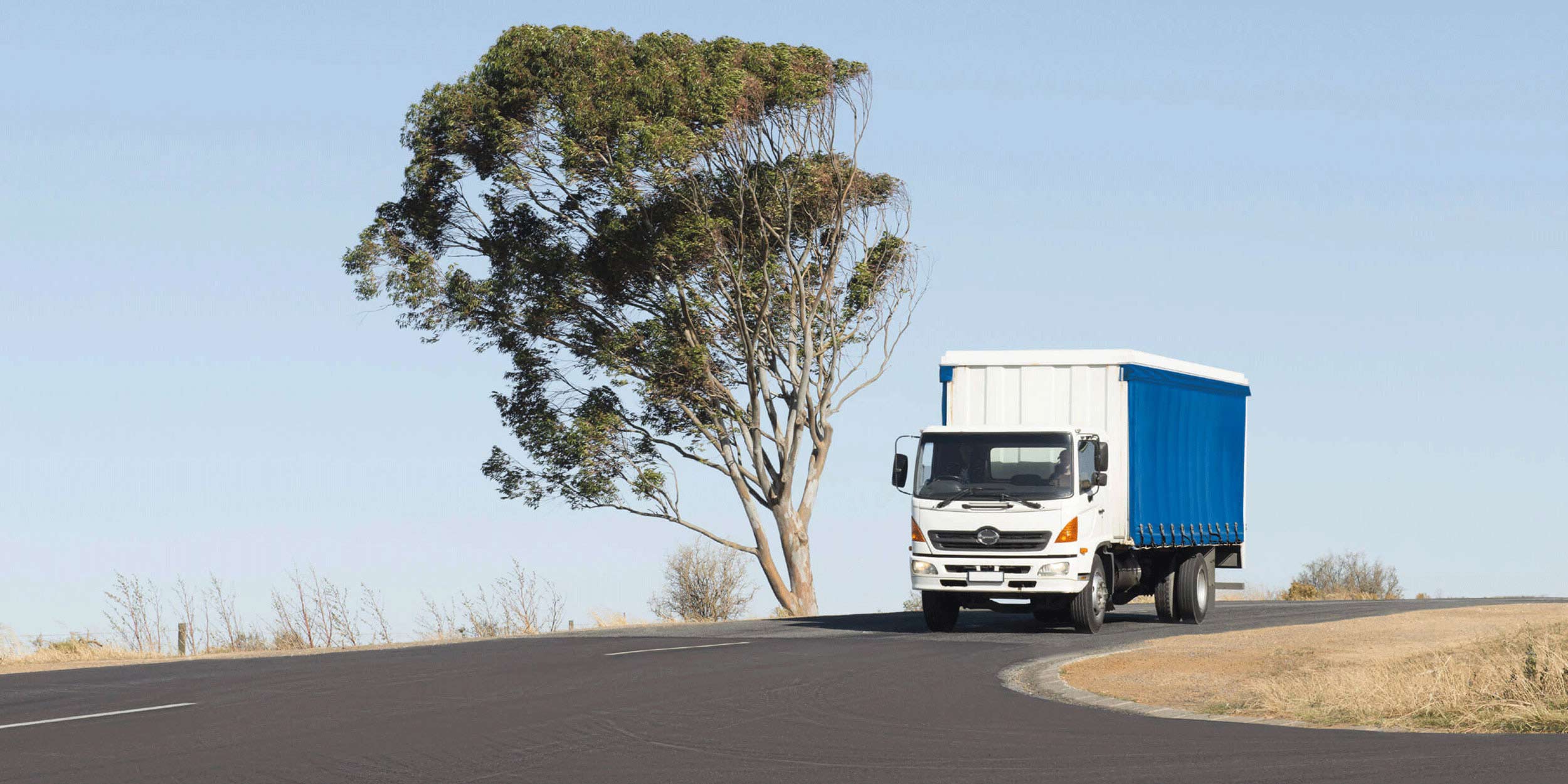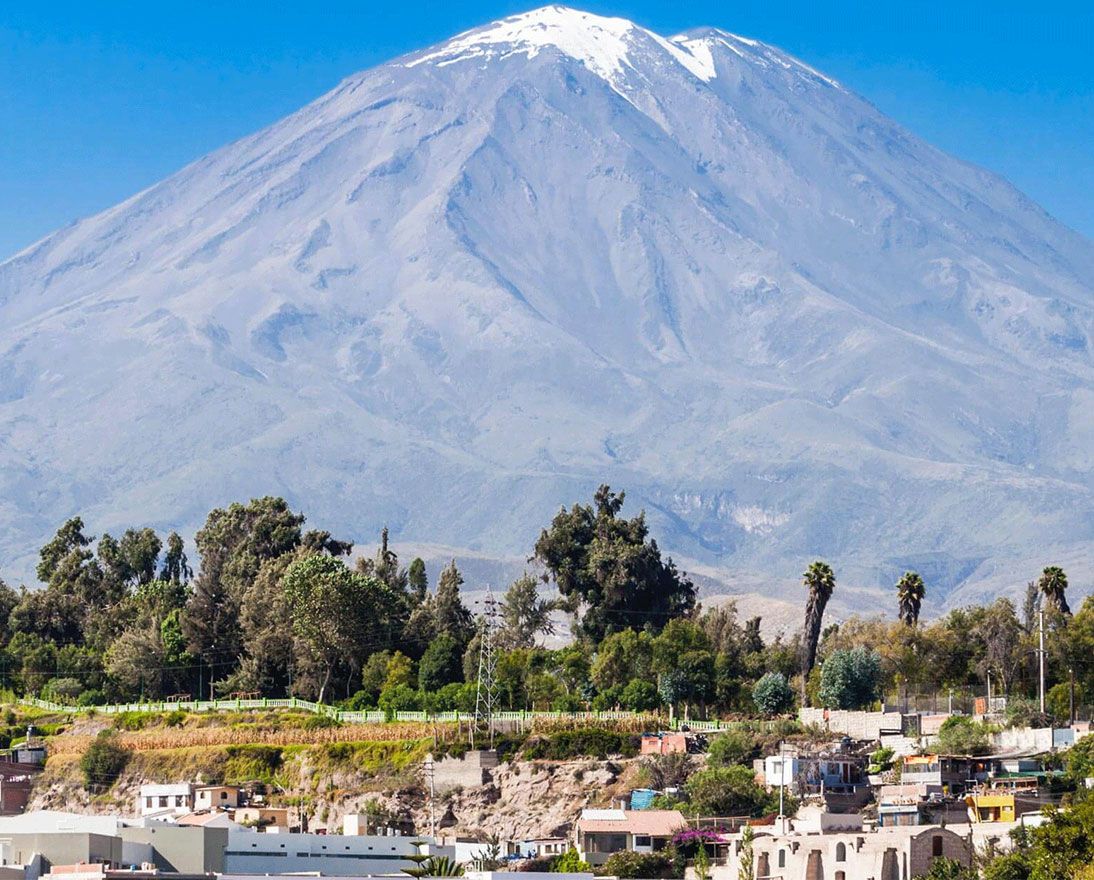How your business could be linked to the Cape Town water crisis
Global risksArticleApril 9, 20188 min read
Cape Town’s water shortage serves as a timely reminder of how seemingly disparate risk scenarios can be connected and what it could mean for your risk assessment.
Ten years on from the financial crisis of 2008, a tentative state of calm has at last settled. The world, albeit cautiously, seems to be on a more solid footing.
But what if that sense of security is built on sand? During the past decade of reassessment, the world has become so structurally interconnected that the very nature of global risk has changed.
Global risks no longer sit in isolation, conveniently ring-fenced from each other. Today these risks are inextricably linked, be they environmental, social, political or even technological, with each liable to trigger a domino effect that could lead to an international crisis.
The evolution of global threats has been seismic, whether it be Brexit, the shock US election result of 2016, presidential impeachments in Brazil and South Korea or the devastating knock-on effects of recent extreme weather.
A changing world
Being prepared for any eventuality has never been more important, as is comprehensively detailed in the World Economic Forum's Global Risks Report 2018.
The report draws attention to what it terms ‘Future Shocks’: sudden and dramatic breakdowns that could happen with disorientating speed. These could include so-called 'gray rhino' risks that are obvious yet neglected due to biases in how we think about risk.
It’s not too late to shape a more resilient tomorrow.
Alison Martin, Group Chief Risk Officer
As Alison Martin, Group Chief Risk Officer for Zurich Insurance Group, which partnered with the World Economic Forum on the report, puts it: “As weakened international frameworks and norms give way to disengagement and unilateralism, we run the risk of entering a downward spiral and the gray rhinos may charge and catch us unawares.
“It’s not too late to shape a more resilient tomorrow but we need to recognize that the institutions, leadership and mindsets that we have today are no match for the scale, complexity and velocity of the risks we face.
“As institutions and organizations, we should overcome short versus long-term thinking and build scenario plans that address future shocks scenarios, restore leadership and repair weaken institutions and norms.”
One stark example of the way politics, the environment and societal risks converge is unfolding in Cape Town right now.
The idyllic South African city is already operating under the most stringent water-rationing protocols of all time. As soon as July, it could become the first major city to run completely dry.
A combination of drought and poor planning has led to the prospect of Cape Town's residents surviving without the water they have long been accustomed to having pour freely from their taps.
The experts call it ‘Day Zero’ and have identified four clear and present dangers: water shortages, sanitation failures, disease outbreaks and anarchy.
The interconnected risks
At a time when South Africa is reeling from a catalogue of political scandals, with all the destabilizing effects these bring, an event such as a water shortage could become a critical tipping point.
As the Global Risks Report states, 'failure of critical infrastructure' and ‘state collapse or crisis’ could be just around the corner.
“Nearly 80 percent of respondents saw the water crisis as a threat to their businesses.”
Janine Myburgh, president of the Cape Chamber of Commerce and Industry, says the water crisis has sent shock waves through the business community.
“We recently carried out a survey which revealed that nearly 80 percent of respondents saw the water crisis as a threat to their businesses,” she said.
“Worst affected is agriculture and, in the city landscape, gardeners and garden service companies as well as the tourist industry, particularly the many guest houses and other accommodation establishments.
“The survey also revealed that 26.5 percent of our members have halted or postponed new investments in their businesses because of the water crisis.”
Measures are now in place to sink boreholes, massively increase the use of recycled water and develop desalination plants that will reduce dependence on municipal water supplies. Conflict between the local and national branches of government, both of which blame each other for the crisis, had delayed earlier implementation of these measures.
Nevertheless, Ms Myburgh strikes an optimistic note about the future, insisting: “We believe that Cape Town will emerge from the drought stronger, more efficient and better prepared to deal with future problems of this nature.”
The city is working on a strategy outlining new ways of dealing with the pressures it faces - including crime and economic inequality, as well as water risks. The plan is due to be finalized at the end of the year.
Cape Town’s councilors are also lobbying for legal reform, so that cities can take on more responsibility for the security of their water supply – currently the national government’s job – as well as receiving more financial support to do so.
Some damage has already been done, however. The region's world-famous vineyards have seen their revenue threatened, with a knock-on effect on tourism.
Organizers of the Investing in African Mining Indaba - the world's largest mining investment event, which has been held in Cape Town for years - gave serious consideration to holding the 2018 event elsewhere. They are still considering whether to move the 2019 event, with the managing director, Alex Grose, saying: “We are praying for rain.”
Prepare your business
So, what can be done to mitigate these and associated Future Shock risks, such as global cyber crises?
“Businesses can use a variety of tools to help them understand risk interconnectivity. At a global scale the Global Risks Report itself is a great dataset of risk interconnectivity and at Zurich, we have developed the Zurich Risk Room tool that helps companies understand the connectivity between risks to help them take a range of better strategic business decisions,” says Alison Martin.
She advises companies to take a fresh look at the focus of their risk management, which tends to be inward-looking and preoccupied with balance sheets or profit and loss in the short to medium-term.
“Without understanding global risks and relating them to our business strategies and tactics, it is unlikely that any business will be successful.”
“The classic example is the internal model in financial services, focused on capital or solvency, or the product-specific risk models that try to ’mark to market’ individual products or lines of business,” she adds.
“More complex risks become less tractable for management teams to resolve, so the tendency is to ignore, or discount them as ’too big to fix’, or ’not our job to fix’. The reality is that without understanding global risks and relating them to our business strategies and tactics, it is unlikely that any business will be successful.
“Of course, as risk managers we need different tools to look at these global and strategic risks, such as scenario planning.” While the global risk landscape has changed substantially, wise preparation can offset the potential for catastrophic failure – so long as companies are prepared to broaden their approach. Developing resilience allows organizations to move beyond simply responding to crises, to instead tackle the underlying causes.
Zurich's experts apply the 5C model which uses the ‘five capitals’ described in the sustainable livelihoods framework of the UK Department for International Development: human, social, physical, natural and financial. This holistic approach to a community's assets helps to increase personal and collective wealth, provide a sense of security, and enhance environmental stewardship.
“Resilience often involves trade-offs in the short, medium and long-term; trade-offs between long-term investment versus short-term returns for example,” says Alison Martin.
“These become easier to understand and to make when we have the tools that enable us to understand risks in multiple dimensions of timescale, scope, perspective and geography.
“It is not all about narrow definitions of likelihood and impact, for simple, single point scenarios, but understanding risk distributions at all scales and the interconnectivity.”
Key Takeaways:
- The nature of global risk has changed since the financial crisis, with environmental, social, political and technological risks becoming inextricably linked, leading to fears of a domino effect that could trigger a new international crisis
- The institutions, leadership and mindsets of today are not sufficient to deal with the scale, complexity and velocity of interconnected risks, which could trigger high impact events that the Global Risks Report 2018 calls Future Shocks
- Water shortages in Cape Town and the very real threat that the city will soon run dry provide a striking example of what can happen when environmental, political and social risks converge – with potentially drastic consequences
- Businesses need new tools to understand today’s risk interconnections, analyze different potential scenarios and come up with fresh strategies that go beyond inward-looking, short-term approaches




